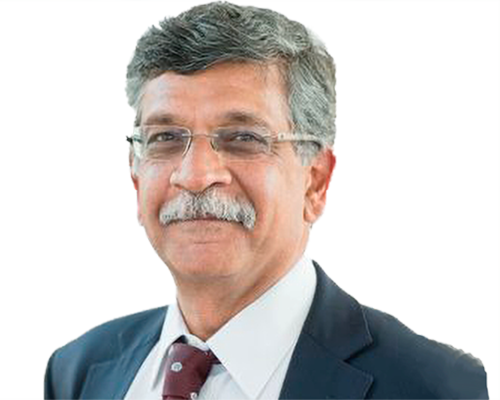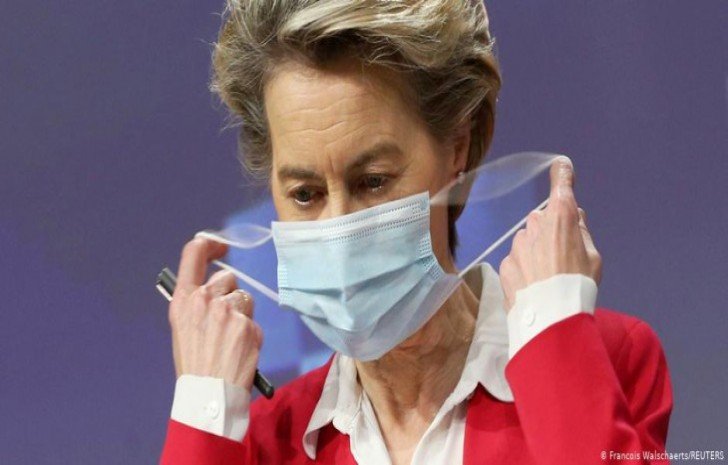Ask a Top Neurologist: Dr Hadi Manji
2023-01-10 09:09:03 6
A neurologist is a specialist who analyses and treats injuries and diseases of the nervous system. Divided into two parts, the central and peripheral nervous system, each part of the system is crucial in how information is communicated throughout the body. This includes the brain, spinal cord, muscles and organs. It sounds complex, right? But the nervous system is like an intricate puzzle that a neurologist works to solve.
At Top Doctors we like to learn more about our specialists on a personal level, so we sat down with one of London’s leading neurologists Dr Hadi Manji for an insight into what life as a doctor is really like in the UK’s capital city.
Here, Dr Manji kindly shares the inspiration behind him choosing his specialist field and how he juggles his time between consulting across the city, being Chief Author and Editor of the Oxford Handbook of Neurology, and the medical school that he has been involved in developing in Mozambique.

What inspired you to become a doctor and to further choose neurology as your specialty?
Neurology as my specialist field suits my personality. It is the most clinical of specialties where history and examination are the keys. I recently gave my inaugural lecture as President of the Neurosciences Section of the Royal Society of Medicine entitled ‘Long Live the Art of Clinical Neurology’.
In the lecture, I outline why history and, to a lesser extent, the examination are crucial to the doctor-patient interaction and not just making a diagnosis. I am not dextrous with my hands so surgery was out. I initially trained as a GP in Edinburgh but did not find it satisfying hence the change to medicine and then neurology.
You practice privately in four locations across central London – how do you divide your time around appointments and other responsibilities? Is it tricky?
I have a joint appointment at The National Hospital for Neurology in London, which is regarded as the centre for neurology in the UK and – some would say – the world. So, as a senior consultant after 22 years, it is still a great place to work.
My other appointment is at Ipswich Hospital where I was house office and also the Senior House Officer and so I have an affiliation to the hospital. At one stage I was the only permanent consultant there. We now have four consultants and so I feel that I have developed the neurology services there.
 Dr Manji training doctors at the medical school in Beira, Mozambique.
Dr Manji training doctors at the medical school in Beira, Mozambique.Can you tell us about the medical school that you have been involved in developing in Beira, Mozambique? How did this come about?
I first became involved with the Roman Catholic Medical School in Beira, Mozambique in 2000. I helped set up the neurology teaching and also encouraged consultant colleagues and registrars to get involved. It is working well but unfortunately, the medical school and especially the hospital were severely damaged by a hurricane six months ago. We are now trying to raise funds to make repairs.
Which of these experiences have you enjoyed the most, being President of Neurosciences at the RSM or as Chief Author and Editor of the Oxford Handbook of Neurology?
I enjoy clinical work primarily and have also developed a good reputation amongst my colleagues. The Oxford Handbook has sold 20,000 copies and I am now in the process of writing the third edition.
This is important for me as it means I HAVE to keep up-to-date in neurology, which is advancing at a breath-taking pace. In the last 12 months, for example, we can now treat genetic neurological conditions such as spinal muscular atrophy and familial amyloid neuropathy. This would have been unthinkable when I first started neurology. These are exciting times for neurologists.
Being appointed President of the Neurosciences Section of the RSM is a great honour and it is fun organising six meetings for the next 12 months, which will include meetings on HIV neurology (one of my specialist interests) and also teaching and developing neurosciences in resource-poor countries. I am also enjoying finding out more of the workings of the RSM.
What does the future hold? What else would you like to achieve during your already impressive career?
The future? Who knows? I am, at present, in Barbados giving lectures and teaching, so it would be good to be doing more of that. I do the same in Kenya.
If you had not chosen to become a doctor, what do you think you would be doing now professionally?
A musician! Specifically, a drummer and I would preferably takeover from Charlie Watts of the Rolling Stones. Seriously – a teacher, probably in history, which I greatly enjoyed at secondary school.
Dr Hadi Manji practices at the Queen’s Square Private Consulting Rooms in Queen’s Square, The Physician’s Clinic in Marylebone, The Clementine Churchill Hospital in Harrow and at the Nuffield Health Ipswich Hospital. He specialises in neurological disorders including headache, dizziness, memory disorder, Parkinson’s disease and infectious neurological disorders such as HIV. If you would like to book a consultation with Dr Manji you can do so here.







